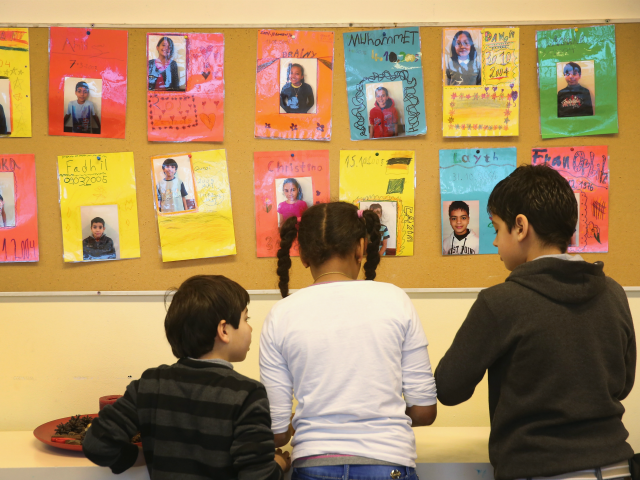According to data from the new Programme for International Student Assessment (PISA) study, immigrants in Austria still perform far below their native counterparts. In Germany, 20 per cent of 15-year-olds can barely read.
The proportion of migrant students in Austria has also increased over the last 20 years, from 11 per cent in 200 to 23 per cent in 2019. During this period, migrant children have consistently scored worse than native Austrian children in testing, Kronen Zeitung reports.
Since the height of the migrant crisis in 2015, there has been a consistent 63-point difference in testing between migrants and natives in Austria, one of the highest gaps in Europe.
Finland scored the highest in testing differences between migrants and natives with a 92-point difference, with Sweden coming in second with an 83-point difference.
Finland scored the second-highest on the PISA test in Europe, with Estonia scoring the highest.
The testing gap between natives and migrants in Austria is largely equal to that of neighbouring Germany, which despite having a robust economy has seen declines in several educational areas including reading, where around 20 per cent of 15-year-olds cannot read at a primary school level.
Kiel education researcher Olaf Köller told German media the results were a “cause for alarm”. Mr Köller stated: “The so-called risk group, so 15-year-olds who can not spell and count correctly, is at 21 per cent again — almost as large as the PISA shock two decades ago.”
Students in Germany were also asked questions about their reading habits and only a quarter said that they read as a hobby, while 34 per cent said reading was a waste of time.
Integration of migrant children has been a significant difficulty in Germany. Heinz-Peter Meidinger, president of the German Teachers Association, stated last year that the quality of learning had declined in schools with a large number of students who do not speak proficient German.
In the city of Duisburg, it was revealed earlier this year that only 8.2 per cent of children in elementary schools with migration backgrounds could speak the German language fluently.

COMMENTS
Please let us know if you're having issues with commenting.